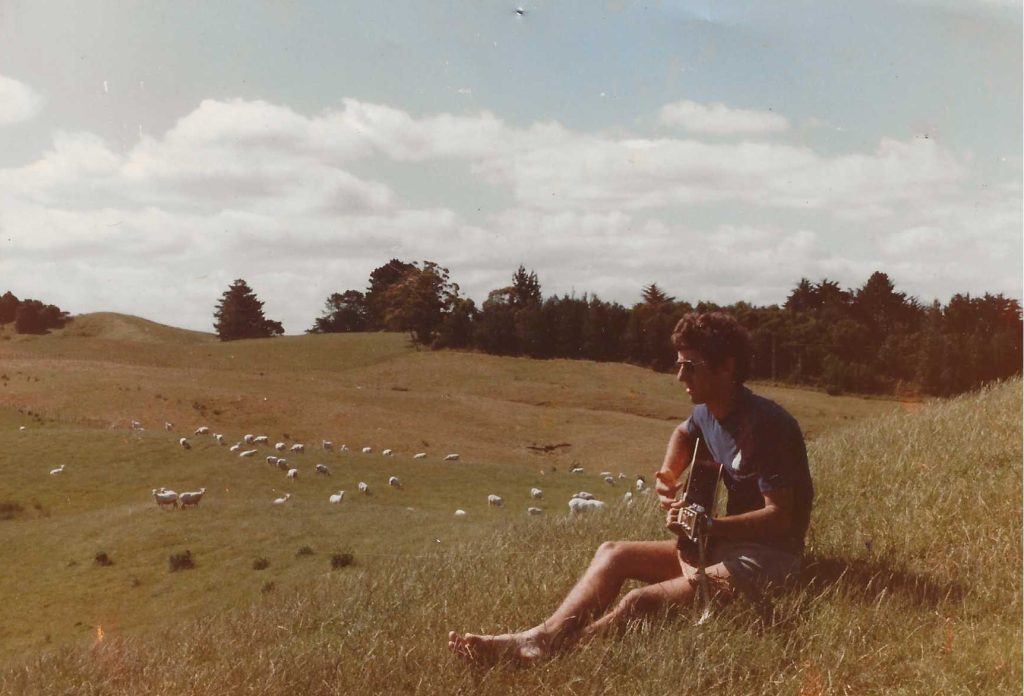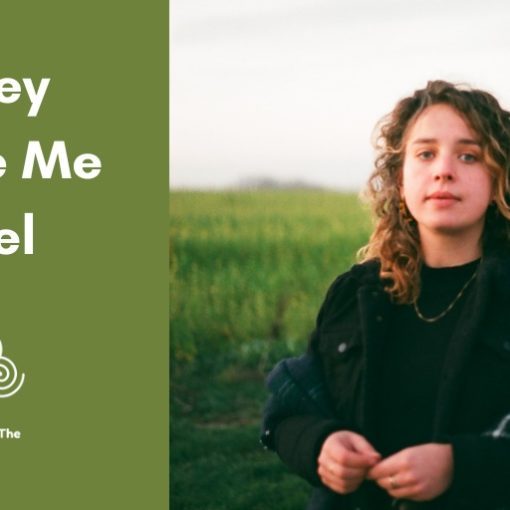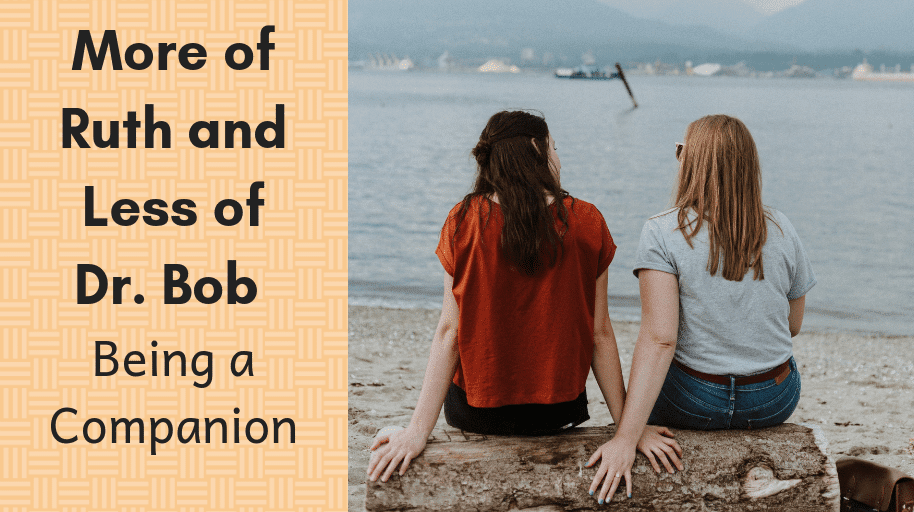Many things go into the shaping of one’s life. ‘I am a product of long corridors, empty sunlit rooms’ says C.S. Lewis. What are you the product of?
Mathematics wasn’t my strongest topic at school, but somewhere in the deep recesses of my mind I recall the term ‘product’.
The ‘product’ results from two or more numbers when multiplied together.
- 2 x 5 = 10
- 5 x 3 x 20 x 9 = 2700
- 3 x 1 x 4 = 12
Note that this is multiplication, not addition where the word ‘Sum’ is used to describe the result.
Enough of the math.
Back to the word ‘Product’.
I am a product of
Recently, I have been listening to the audiobook version of Surprised by Joy: The Shape of My Early Life by C.S. Lewis.
I like to listen to audio books and podcasts as I do my gardening work.
This book is a memoir or autobiography of C.S. Lewis’ early life.
If you want to get to know someone, explore their early life and come to understand what has shaped them.
He writes this.
I am a product of long corridors, empty sunlit rooms, upstairs indoor silences, attics explored in solitude, distant noises of gurgling cisterns and pipes, and the noise of wind under the tiles. Also, of endless books.
Two sentences. One long and one short takes us to those elements that, when multiplied together, have produced a C.S. Lewis.
We could put it this way.
Long corridors
x empty sunlit rooms
x upstairs indoor silences
x attics explored in solitude
x distant noises of gurgling cisterns and pipes
x and the noise of wind under the tiles.
x endless books
= C.S. Lewis
Of course, there are many other influences or factors that have gone into the shaping or the product.
In the book, he talks about his parents, being an atheist, life in the trenches of World War One, relationships and many other things.
But what is interesting to me is that he sums up himself as a product of the environs he found himself in.
These are places where we can go to ourselves.
We know what a long corridor looks like. Empty sunlit rooms have a certain feel to them. Attics, those places you go with a torch and have to brush away cobwebs, have a sense of adventure and hiddenness.
For some, the thought of ‘endless books’ might be overwhelming and even repulsive, but for someone like C.S. Lewis it would have been like sitting down to a banquet.
From all these factors being multiplied, we have probably the deepest and most profound theological writing of the 20th century.
We have the beauty of Narnia and the Lion, the Witch, and the Wardrobe. The depth of Mere Christianity and wit of Screwtape Letters.
You are the product of
If you were to write a paragraph containing 36 words that described the factors that have shaped you, what would you write?
The mind has a negative bias. It can so easily drift to the traumas, the hurts, and disappointments. C.S. Lewis had plenty of those.
Instead, look to the environments that you inhabited. Where you immersed your time and felt most comfortable in.
You may find hints in the environments that your parents embraced or took you to.
I am a product of
I was rummaging through some old photos the other day and I came across this photo taken of me in my early twenties.
I am sitting on a hill, which was above my family home, on our farm just outside of Wellsford.
It’s a summer’s day. I have my guitar, and I am looking out over the countryside and sheep are in the background.
I can’t remember what I was playing. Probably something from John Denver! – Country roads, take me home …
But in this one image, I think I capture many of the environmental factors that shaped me.
I am a product of the outdoors, warm summer breezes, musical notes, solitude and silence. Soil, sheep, pastoral care and animal husbandry. The small things inhabiting the large and conversations with earthy depth.
Not as eloquent as C.S. Lewis, but you get the idea.
Why is this important?
We often come to times when we ask the deeper questions. Places of decision where we question our purpose.
In these times, it’s healthy to reflect on the environments that have shaped the deeper parts of you.
Are there patterns and places where you most feel ‘at home’ in?
What are the environments that have gone into shaping the ‘product’ you are?
How do these reflections inform the choices you are about to make?
Questions?
Comments?
Email me 🙂📨
barry@turningthepage.co.nz
Quotes to consider
- Today you are You, that is truer than true. There is no one alive who is Youer than You.
- Invisible threads are the strongest ties. Friedrich Nietzsche
- I am not a product of my circumstances. I am a product of my decisions.
- The New House is almost a major character in my story.
I am a product of long corridors, empty sunlit rooms, upstair indoor silences, attics explored in solitude, distant noises of gurgling cisterns and pipes, and the noise of wind under the tiles. Also, of endless books.
My father bought all the books he read and never got rid of any of them.
There were books in the study, books in the drawing-room, books in the cloakroom, books (two deep) in the great bookcase on the landing, books in a bedroom, books piled as high as my shoulder in the cistern attic, books of all kinds reflecting every transient stage of my parents’ interests, books readable and unreadable, books suitable for a child and books most emphatically not.
Nothing was forbidden me.
In the seemingly endless rainy afternoons I took volume after volume from the shelves. I had always the same certainty of finding a book that was new to me as a man who walks into a field has of finding a new blade of grass.
Where all these books had been before we came to the New House is a problem that never occurred to me until I began writing this paragraph. I have no idea of the answer. C.S. Lewis Surprised by Joy: The Shape of My Early Life
Questions to answer
- What were the environments that influenced you as a child?
- What environments do you naturally drift to?
- Think of someone you admire. Research the environments that went into the shaping of their lives.
Formation exercise
- Craft a sentence or two where you express the environments that have shaped the ‘product’ you are.
Further reading
Barry Pearman
Photo by 🇸🇮 Janko Ferlič on Unsplash






